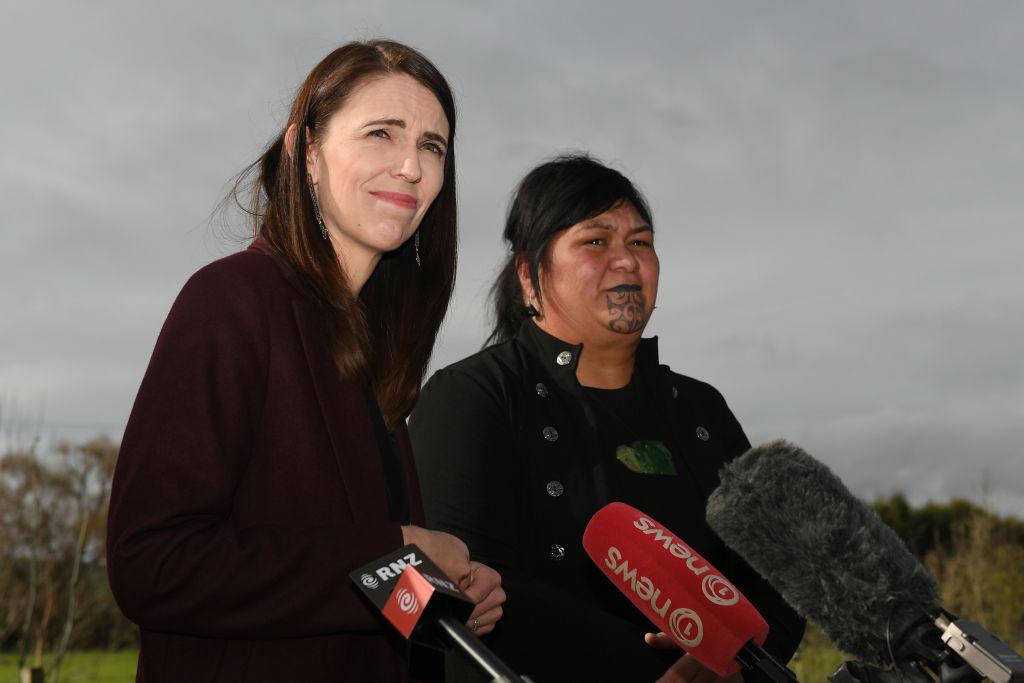The New Zealand (NZ) government has rolled out a new wave of sanctions targeting oligarchs with close personal ties to President Vladimir Putin or the Russian government, including Chelsea Football Club owner Roman Abramovich.
Foreign Minister Nanaia Mahuta announced that the sanctions on a further 36 individuals came into effect on March 5.





